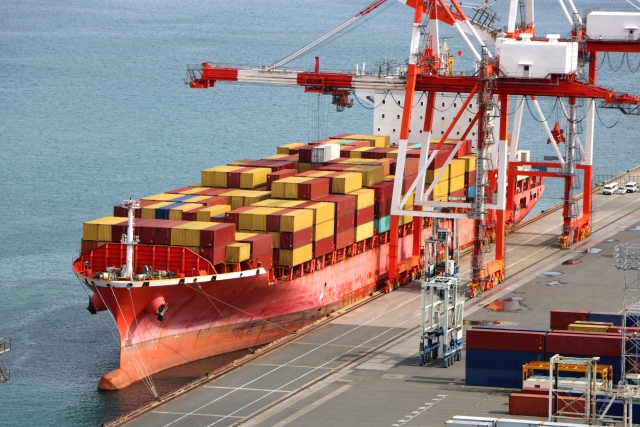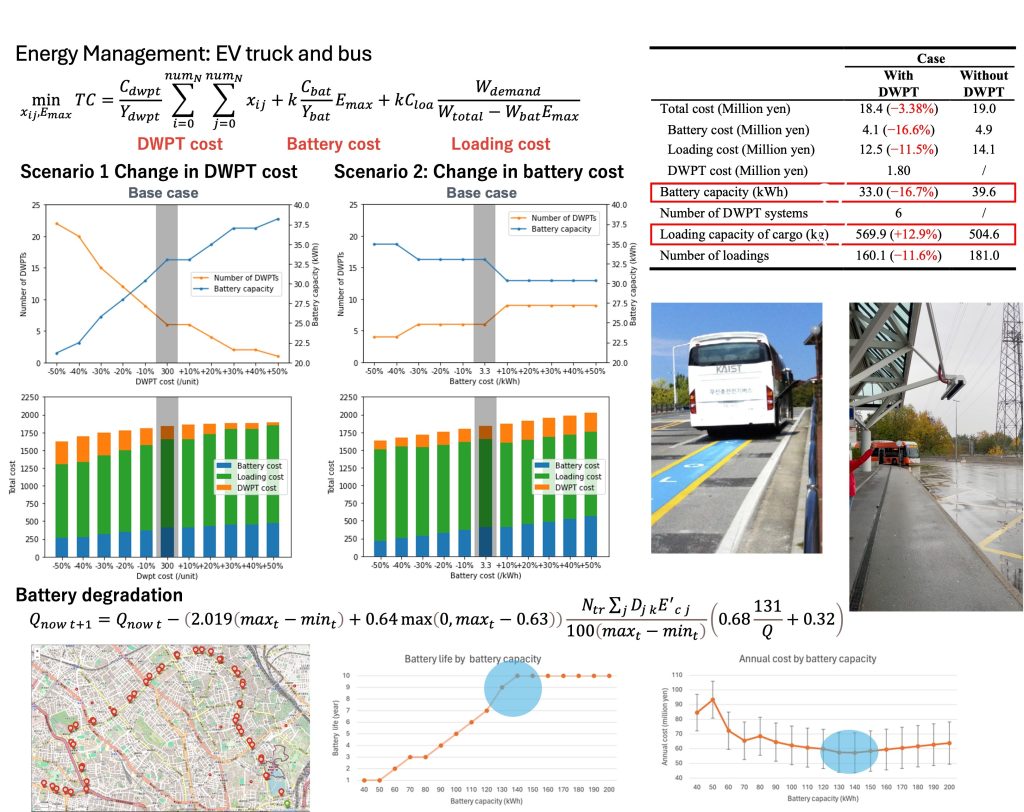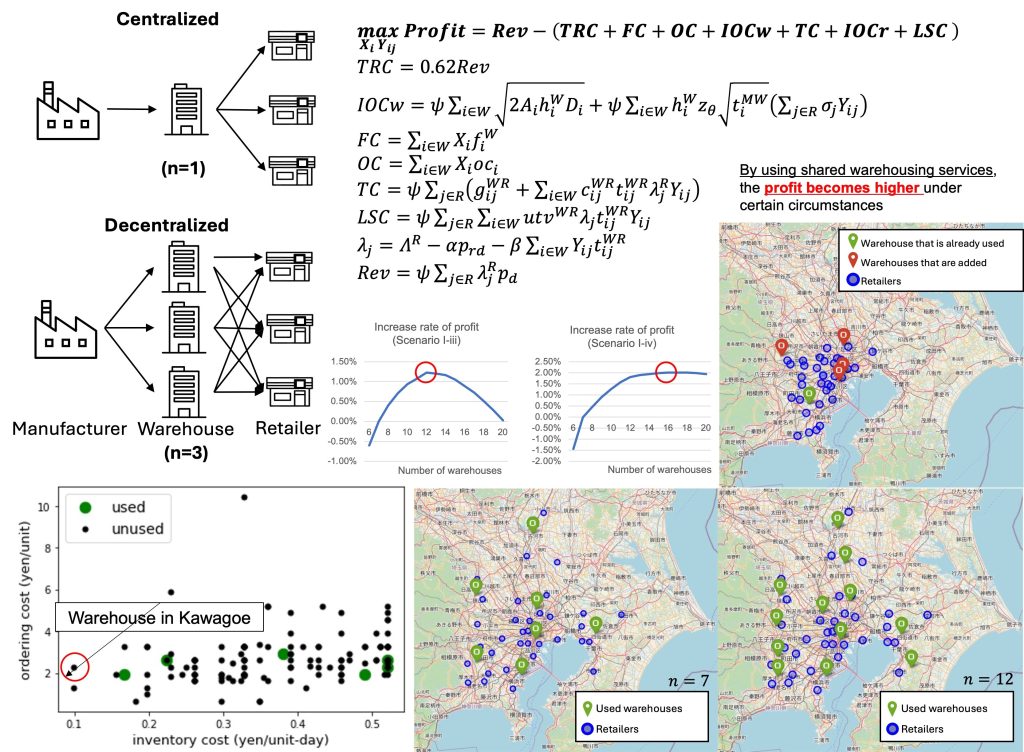We are conducting and are open to offers from private companies and research institutions for collaborative research. If you are interested in collaborative research in the fields of “Supply Chain”, “Logistics”, “Maritime Trade”, “Ports”, or any field close to those mentioned, please feel free to contact us anytime.
Social Cooperation Program
Ocean Network Express (ONE)
Container Management Science (COMS) (April 2024 – March 2027)
This program addresses the increasingly complex and diverse cross-disciplinary issues facing the container shipping industry and conducts joint research between industry and academia with a long-term view towards building a sustainable and future-oriented container shipping business. Shipping, which stably supports people’s lives and companies’ production activities, is a social infrastructure today, and we will not only tackle issues such as how to build a robust supply chain and how to improve the efficiency of ship and container operations but also how to reduce environmental impact. The project also aims to address ESG management and develop the next generation of human resources who will be responsible for the future of shipping. Dr. Kawasaki is a specially-appointed associate professor (concurrent post) and plays a central role in this course.
COMS website:https://www.coms.t.u-tokyo.ac.jp/en

Collaborative Research
Isuzu Advanced Engineering Center, LTD
Optimal placement problem of charging stations for EV-powered buses to achieve carbon neutrality (2023-)
This research aims to find the optimal placement of charging stations for EV-powered buses. Taking into account the cruising distance of the EV-powered truck and bus, charging time, battery degradation, battery cost, and many more elements, the research attempts to maximize the social surplus from EV-charging stations and to consider a comprehensive plan on EV-charging station placements in general to make carbon neutrality a reality. Specifically, this research provides a structured method of calculation for optimal charging station placements and charging plans for EV-powered buses and trucks. Applications to real-world networks are considered as well, by taking into account the uncertainty of traffic flows.

Mitsubishi Corporation/Gaussy, Inc.
Value Simulation in Supply Chains (2022)
This research considers how the supply chain, with its ever-growing influence on economic activities, can be further enhanced in value. Specifically, this research focuses on one of the cores of supply chains, warehouses, and runs a simulated analysis of how implementing a warehouse-sharing service can influence a value-motivated, diverse supply chain.

